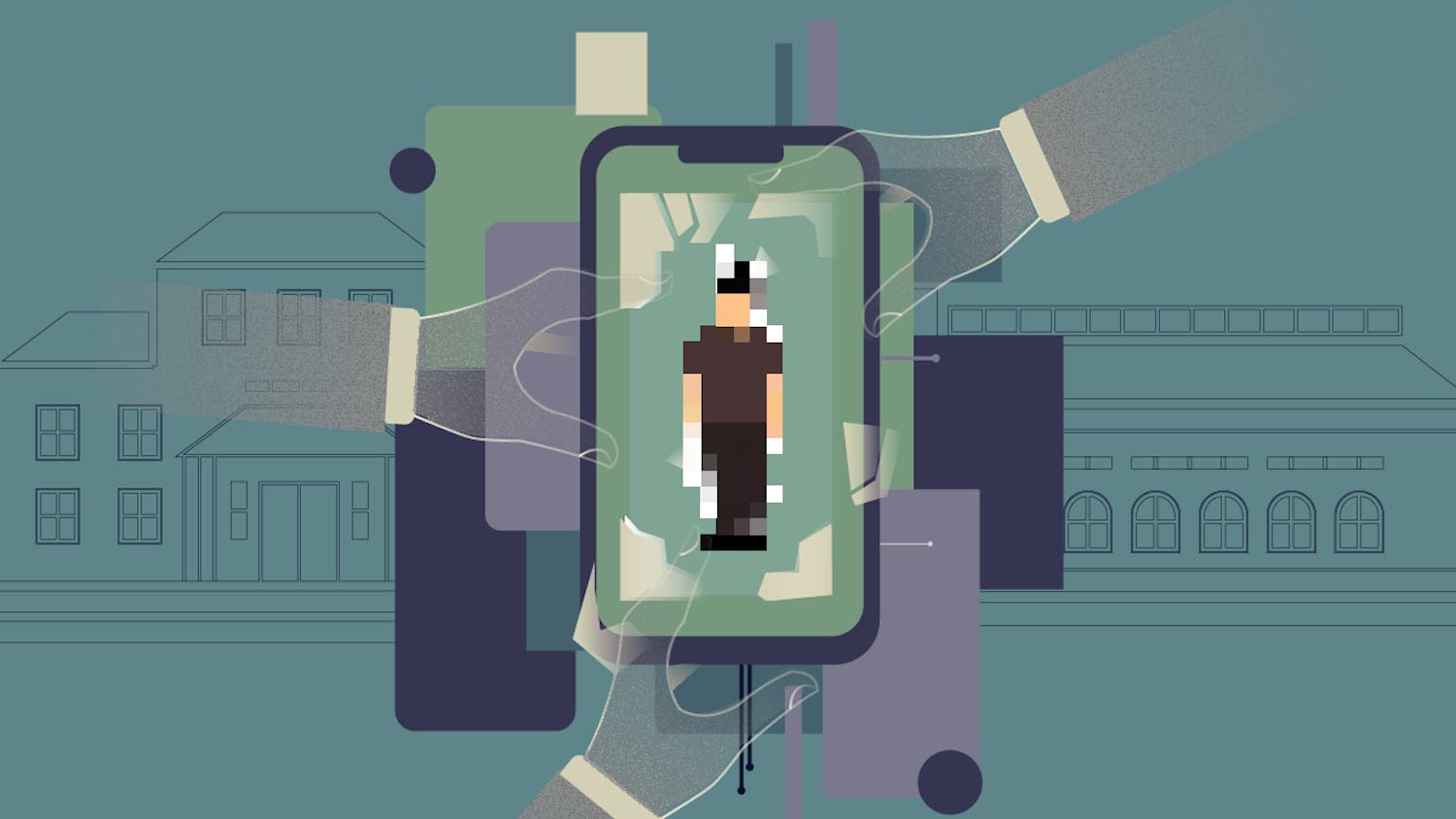The UF Supreme Court met Friday and ruled that two referendums passed the necessary technical procedures to be placed on the October elections ballot.
However, only one of them was approved to be on the ballot.
Earlier this semester, the court had approved both referendums — one regarding newspaper racks and the other about a name change for the Reitz Union. At that point, the authors needed to gather 500 signatures and re-submit to the court again for final approval.
On Friday, the court approved the referendum asking students whether or not they think UF should move forward with forcing publications to be distributed out of university-owned racks. The decision on the referendum asking students if they would want to rename the Reitz Union was postponed.
A former Supervisor of Elections and current law student, Ariana Alfonso, addressed the court about the Reitz Union referendum. She took issue with the way the referendum’s author, Sen. Ford Dwyer, went about passing it. He chose to get 500 signatures instead of passing a resolution on the Senate floor.
“It could potentially be a loophole if the court does not uphold its inherent power of review,” Alfonso said after the hearing.
Although the court wasn’t aware of her concerns before, it allowed her to discuss them.
On Sunday, Dwyer said some people believe he used “backdoor avenues” to get his referendum passed. But other senators have used the same method of getting a referendum on the ballot, including Sen. Dave Bradshaw, the author of the racks referendum.
“It’s not about procedure, it’s about the Hawkins issue,” Dwyer said.
Dwyer proposed changing the name of the union to the Virgil Hawkins Student Union after an African-American man who was denied entrance to UF in 1949 due to his race.
After the hearing, Chief Justice Matt Michel said the court has not yet formed an opinion on whether or not it is appropriate for a senator to gather signatures instead of passing a resolution on the Senate floor.
The court also ruled it didn’t have the ability to interpret state and federal constitutions.
Bradshaw petitioned the court on whether it had the ability to rule on constitutionality, referencing the possible restriction of free speech as it applies to the code stating that “campaign activities begin on the first day of the election cycle and ends immediately after the close of polls on the final day of elections.”
Associate Justice Tim Mason was the sole dissenting voice on the constitutionality ruling. He said the court’s jurisdiction was limited to the statutes of UF, but in ruling so, the court cannot disregard broader rules.
However, the court stated that the code that Bradshaw petitioned was not vague.
“I’m disappointed in particular in regard to its inability to rule on constitutional issues,” Bradshaw said.
Contact Samantha Shavell at sshavell@alligator.org.





